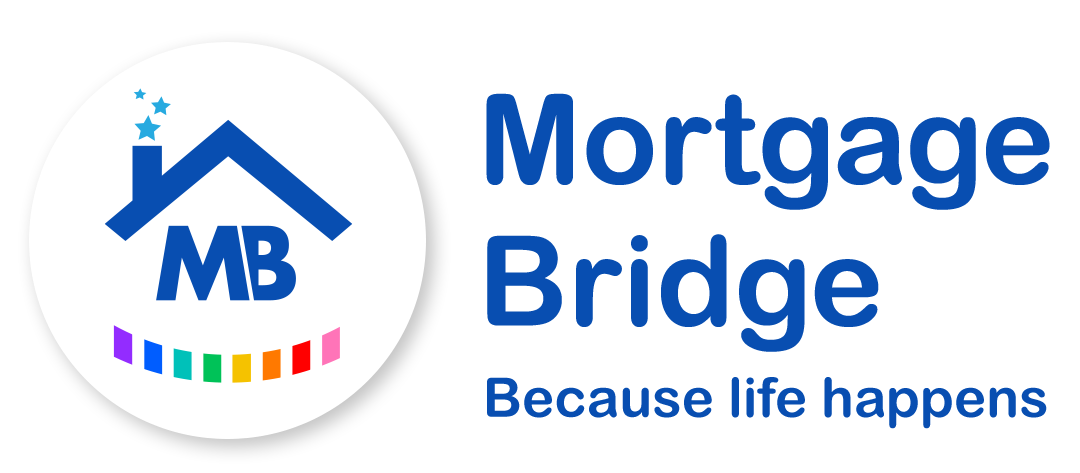What is a first-time buyer?
A first-time buyer if you have never owned a home before. Despite the word ‘buyer’, you are not a first-time buyer if you have previously inherited a home. If you’re jointly buying a home with someone else, you are not a first-time buyer if either if you have owned a home before.
The deposit
A deposit needs to be at least 5% of the cost of the home you’d like to buy. The bigger your deposit, the less money you have to borrow, which means less interest. Also, by paying off a larger proportion of the property value, you’re considered less risky to lend to, so you’ll most likely be offered better mortgage rates.
Loan to Value
A loan to value is the amount you’ve borrowed to buy your home (the loan) compared with the mortgage lender valuation of the property.
For example, if you buy a home for £200,000, put down £20,000 as a deposit and have a mortgage of £180,000 – your LTV is 90%. This is because the amount you’ve borrowed (£180,000) is 90% of the home’s value (£200,000).
The lower the LTV, the lower your interest rate is likely to be. This is because the lender takes less risk with a smaller loan.
The cheapest rates are typically available for people with a 40% deposit, which works out as 60% LTV.
Interest Rates
There are also options when it comes to interest rates. You can plump for a fixed rate or choose a variable rate.
Fixed-rate mortgages
With a fixed rate mortgage, you know exactly what you are going to be charged over the term of the fix (which is typically for 2, 5 or 10 years). The main benefit of a fixed rate is that you know exactly what you will be repaying each month, and this can help you budget.
The downside of a fixed rate mortgage is that you are restricted on making overpayments, and you can be charged if you want to end the deal early.
If you do go for a fixed rate, you’ll need to make sure that you start looking around for a remortgage deal a few months before your existing deal comes to an end.
Variable-rate mortgages
With a variable rate mortgage, you generally get greater flexibility and you’ll have more freedom to overpay if you find yourself with some spare cash. But you don’t get the same certainty with your budgeting because if interest rates go up, so do your monthly repayments.
If rates move lower, you could find your monthly repayments fall, but as rates remain at historically low levels, most observers believe that future changes will be upwards.
Stamp duty for first-time buyers
Stamp duty land tax, to give it its full name, is the tax collected by the government on both leasehold and freehold property sales. First-time buyers have to pay stamp duty on a residential property or piece of land over £300,000.
The rules are slightly different in Scotland and Wales.
Mortgage steps
Once you’ve saved your deposit, it’s time to get the ball rolling;
- Get a ‘mortgage in principle’ – this is the first stage of securing a mortgage and buying a house. It’s when the lender will tell you how big a mortgage they might give you, and in doing so help you work out what home you can afford. Please note, this is an estimate, it’s not a guaranteed mortgage offer.
- Start looking for a house – once you’ve got a mortgage in principle, the hunt begins. Head to an estate agent and trawl through property sites such as Zoopla and Rightmove.
- Make an offer – found the right place? Hooray! Now’s the time to make an offer. Using your ‘mortgage in principle’, consider the maximum price you can afford to pay, along with the cost of any improvements you might need to make to the property. Next, call and email the estate agent with the offer, and provide proof of the ‘mortgage in principle’.
- Apply for a mortgage – the seller can either reject your offer, ask to negotiate, or accept it. If the latter happens, speak to a mortgage advisor and they should help you find the best deal for your budget. And then apply!
- The lender will do a mortgage valuation – before granting you a mortgage, the lender will value the property and check it’s worth what you’re asking to borrow. If everything goes to plan, it can take between 3 – 6 weeks to get a formal mortgage offer.
Can I get a first-time buyers’ mortgage if I have bad credit?
There’s no doubt that having a poor credit history can make a mortgage application of any kind more difficult. It certainly doesn’t make it impossible though!
Where you may benefit here is that Mortgage Bridge advisors are whole-of-market. What this means is that as well as the high street lenders, they will have access to specialist lenders that are only available through a mortgage broker


